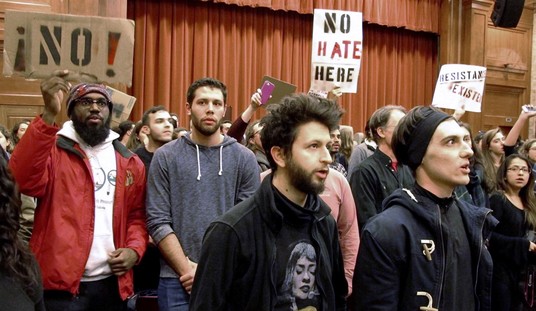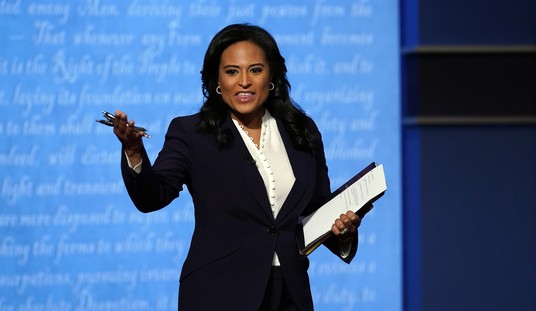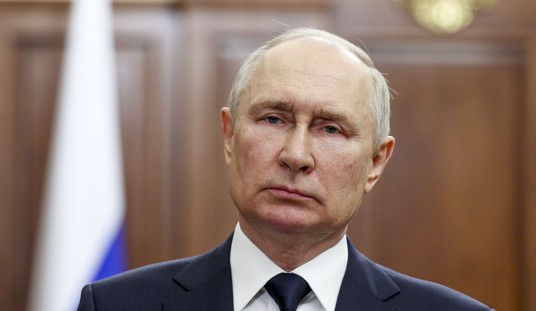Forty years ago this month, America led mankind on our greatest journey as we flew three men into orbit around the moon, and two of them set foot for the first time on the Moon. After this many years, we live in the knowledge of the American space program and take the moon landings for granted. However, on July 16th, 1969, the world watched in wonder as NASA began the journey of hundreds of thousands of miles with a single mighty step:
In four days, we’ll revisit the day that Neil Armstrong and Buzz Aldrin forever changed humanity by establishing a toehold on the lunar landscape. Time Magazine has an interesting article on the men who flew in the Apollo program, and the price paid for their heroics:
Some did fly, others didn’t, but nearly all felt at least some sense of drift. “People in wars have the same experience,” says Mattingly. “They’re in one world with one set of rules, and they step off an airplane and they’re in another.” NASA didn’t help much. The agency exhaustively screened its candidate moonmen for emotional stability before clearing them for flight but kept a much more casual eye on them afterward. “I guess they figured we were big boys,” says Lovell, a veteran of Apollo 8 and 13. Duke insists he didn’t need a NASA nanny worrying over him anyway. “I was never a woe-is-me guy,” he says.
But in failing to accept that woe sometimes was them, the space agency did its pilots a disservice, says psychologist and cultural anthropologist Lawrence Palinkas of the University of Southern California. Palinkas studies how people adapt to extreme environments and isolation, working with both NASA and groups planning polar expeditions. “What can make it hard for people like this is that they’re so highly motivated and they wait so long for a mission,” Palinkas says. “There can be a deep sense of loss once the goals have been accomplished, and there may be no adequate substitute.” (See pictures of animals in space.)
Desk jobs in the shuttle program were available to many of the astronauts, but the new ship was a pickup truck compared with the glamorous Apollos. “Coming down from that Apollo high was hard,” Duke concedes. Lovell had a more sudden moment of clarity. “I was looking at the design of the shuttle cockpit,” he says, “and suddenly realized I was in the same room I was in years before when we were working on the F-4 [fighter]. I’d made a full circle.” Not long after, he squared that circle and walked out the door.
For some, the next-best choice lay in politics, another high-stakes game, with the thrill of an election replacing the thrill of a liftoff — even if it was followed by the comparative drudgery of governing. Swigert ran successfully for Congress but died of cancer before he could be sworn in. Apollo 17’s Harrison (Jack) Schmitt served a term as Senator from New Mexico, then lost his 1982 re-election bid to a candidate whose ads cheekily asked, “What on Earth has he done for you lately?”
Read the whole thing. And for the Admiral Emeritus, who worked on the space program for almost 30 years including the entire Apollo years, thank you for your efforts in this greatest journey.








Join the conversation as a VIP Member